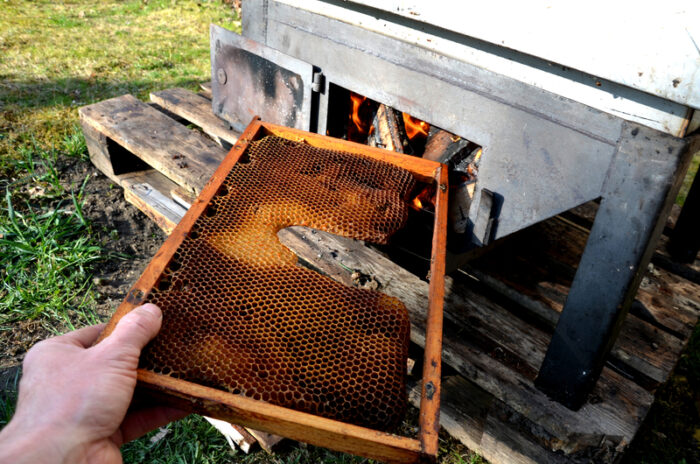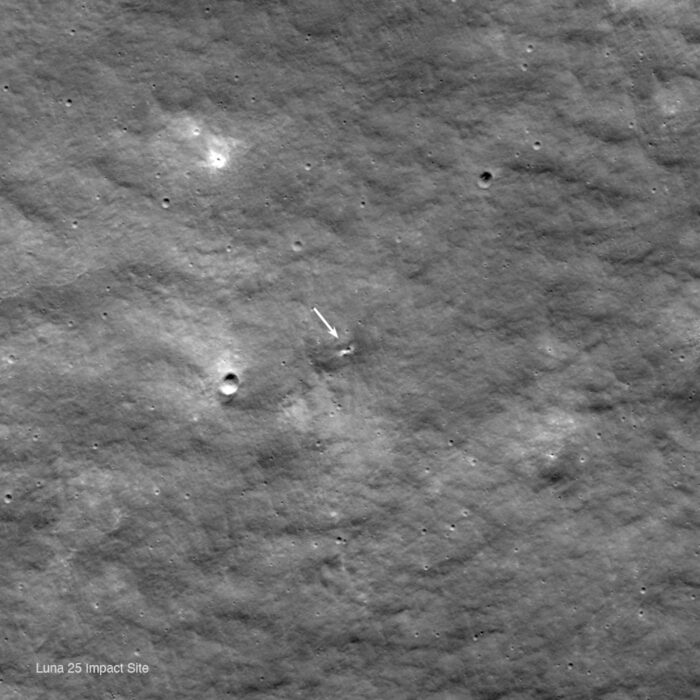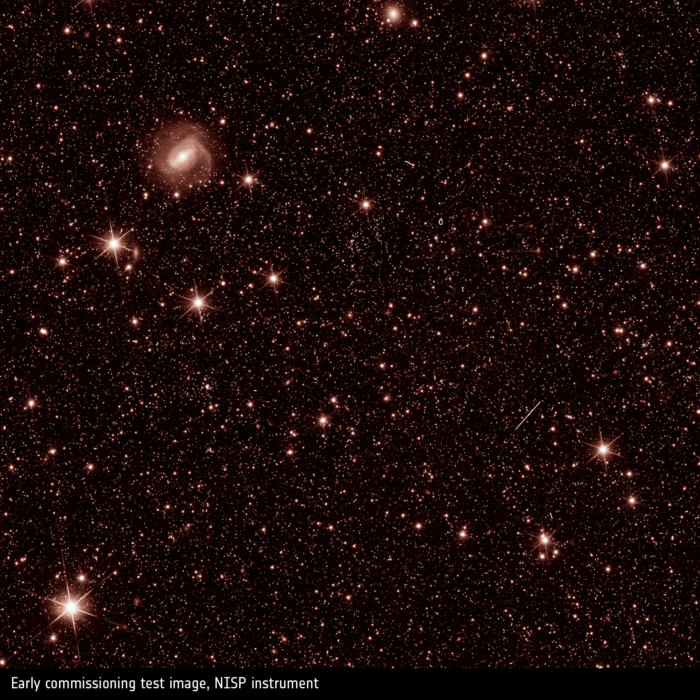The United States has just approved a new vaccine that is aimed at helping humans and their health. But it's not a medicine for people to take.
It is for honeybees.
You see, healthy bees means healthy humans. These insects are responsible for pollinating a vast portion of foods that we eat, from fruits and vegetables to nuts and legumes. A disease that affects them affects us, too.
And this vaccine is designed to provide protection against possibly the deadliest pathogen (something that causes disease) facing our bee-loved buddies: American foulbrood.
What does the disease do?
Honeybees are the world's most important pollinators. (Getty Embed)
American foulbrood (AFB) is a bacterial infection of a bee's food supply. It is spread by spores, which are accidentally transferred from a nurse bee's mouthparts to a young bee larva (baby) that it is feeding. This larva dies quite soon afterwards in its cell.
Once AFB gets into a hive's food supply, it is very difficult to stop. The bees accidentally spread spores from cell to cell by trying to clean out the space where larvae have died. Now more bees are infected and the disease spreads further across the hive.
The entire hive is weakened and eventually all the bees die. Even worse, bees from other colonies, called robber bees, will invade the weakened hive. They get infected themselves and carry spores back to their own hive.
How have beekeepers treated AFB?
A collection of beehives infected with foulbrood that are waiting to be burned. The disease is so dangerous that completely destroying a hive has been the best way to stop it. (Getty Embed)
Because AFB is both fatal to the hive and easily spread from hive to hive, beekeepers have needed to be very careful with the disease. There are a few antibiotic treatments that can be used, and occasionally, a keeper can stop the spread. But overall, there's usually just one way of dealing with it.
Burning and destroying the entire hive.
This is obviously not something that any beekeeper ever wants to do. Especially when bee populations are down overall around the world. But ultimately, what matters most is that other bees are kept safe and healthy.
Can the vaccine help?
This is where the vaccine comes in. If it is effective, it could stop bees from becoming infected by the spores in the first place. This would be a massive win.
Because this is the first-ever bee vaccine, people are working slowly. A select number of beekeepers will be given the vaccine and it will be tested over the next two years. If the findings are positive, then the vaccine will be made available to all beekeepers. Cool!
Of course, vaccines are already a big part of medicine for humans and animals. Vaccines have helped either eliminate diseases like smallpox or measles, while rabies vaccines in pets have greatly reduced its occurrence in domesticated animals.
Here's hoping that this vaccine has similar success with AFB!
 An example of a honeycomb infected with American foulbrood. The disease usually destroys the hive. (ID 244460692 © Michal Paulus | Dreamstime.com)
An example of a honeycomb infected with American foulbrood. The disease usually destroys the hive. (ID 244460692 © Michal Paulus | Dreamstime.com)










bzzz.. this is buzzing great news!